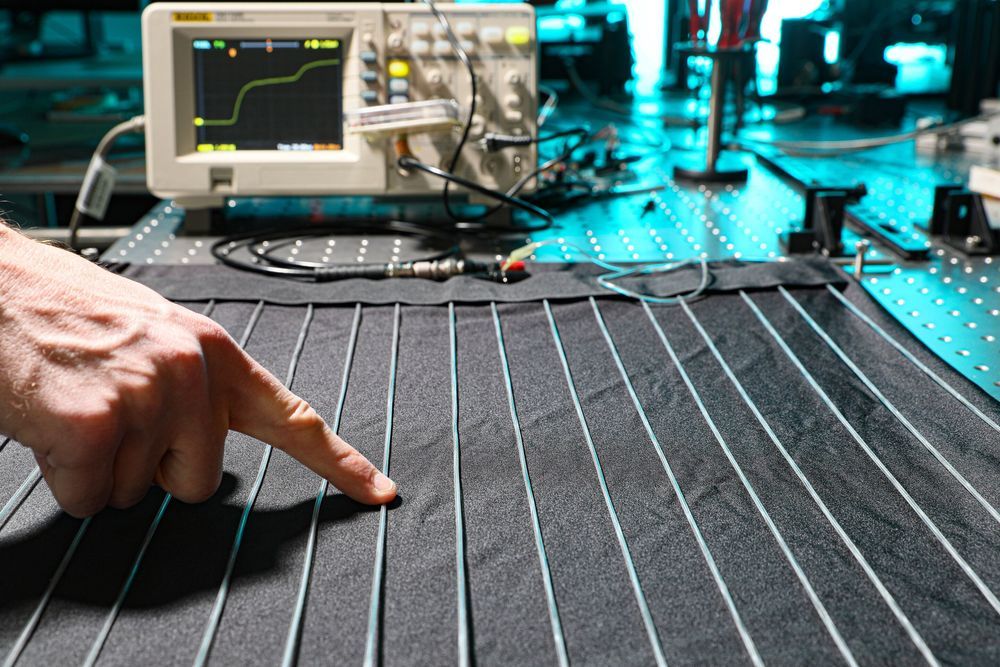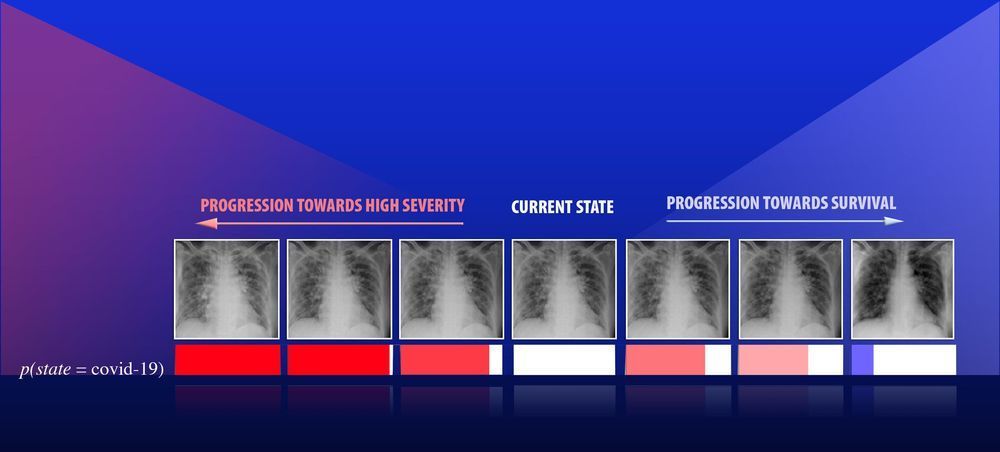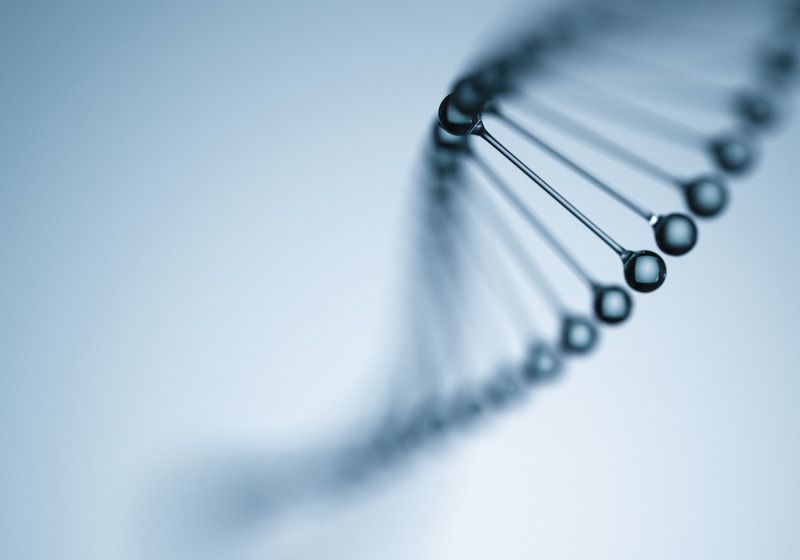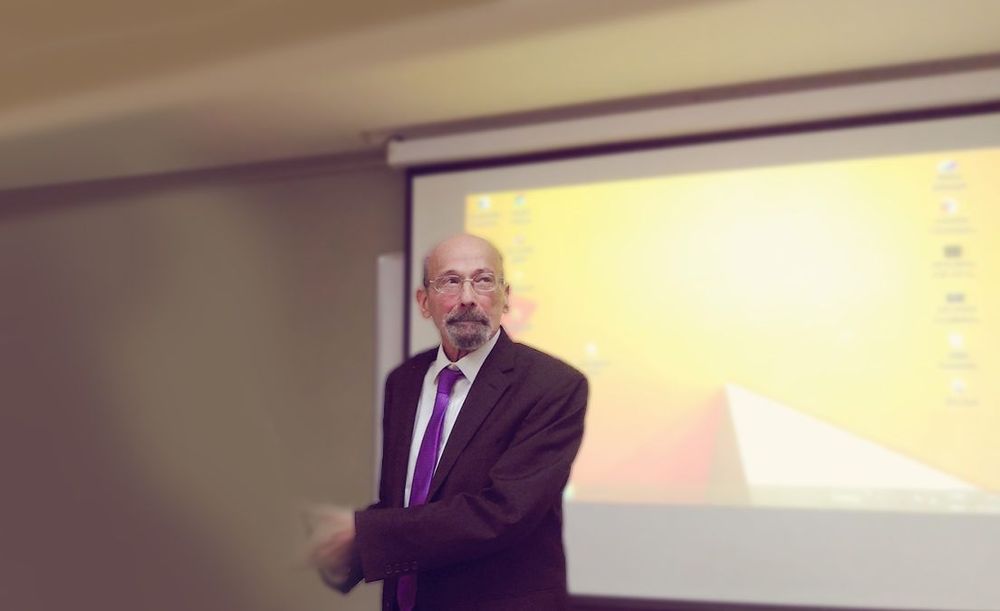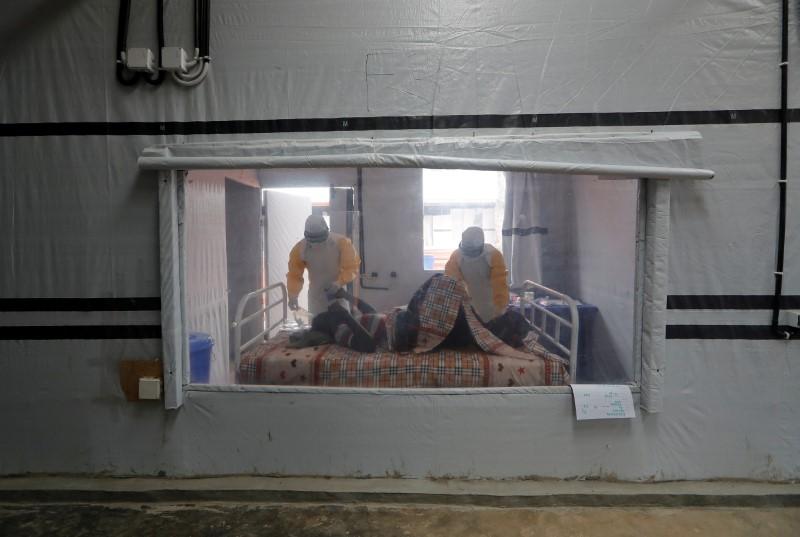EPFL researchers have developed electronic fibers that, when embedded in textiles, can be used to collect data about our bodies by measuring fabric deformation. Their technology employs flexible transmission lines and offers a host of applications, including in the medical industry.
Professor Fabien Sorin and doctoral assistant Andreas Leber, at the Laboratory of Photonic Materials and Fibre Devices (FIMAP) in EPFL’s School of Engineering, have developed a technology that can be used to detect a body’s movements—and a whole lot more.
“Imagine clothing or hospital bed sheets capable of monitoring your breathing and physical gestures, or AI-powered textiles that allow humans to interact more safely and intuitively with robots” says Leber. “The flexible transmission lines that we’ve developed can do all of this.”
